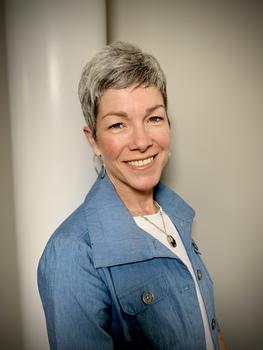New study by Jones and Maddox finds relationship between Community Health Worker employment trends and state policy changes

In a newly published study, Research Manager Tammie M. Jones and Chair of the Health Administration and Policy Department P.J. Maddox studied the relationship between Community Health Worker (CHW) state regulations (such as state certifications) and the adoption of standard roles, skills, and qualities by employers in select states. The mixed-method study found that states with CHW certification programs have a higher number of employers who adopt occupational standards set by state and professional organizations. “Wide adoption of such [occupational] standards may improve recognition of the CHW workforce as a valuable resource in addressing the needs of high-need and marginalized groups,” says Maddox. The cross-state and employer adoption of standard CHW regulations that include definitive roles, skills, and qualities may also reduce role confusion and ensure that CHWs are most available to those who need them.

“Community knowledge, shared life experiences, and relationships built on trust enable CHWs to address root causes of health issues in ways traditional health systems often fall short,” says Jones. “Employment of CHWs is increasing to provide culturally competent care, address the social determinants of health, and improve access to health and social services for members of traditionally underserved communities.”
CHW is a general term for frontline public health workers with deep knowledge and understanding of the community they serve. Their relationship with the community allows them to serve as a link to health and social services and improve the quality and understanding of those services. CHWs play an increasingly important role in community-based health care. Job titles, education, and experience vary for CHWs. They provide a range of services to educate their community and facilitate access to health and social services, including outreach, community education, informal counseling, social support, and advocacy.
In addition to Jones and Maddox, research assistants Alex Schulte, Suhashini Ramanathan, Meron Assefa, and Srilatha Rebala contributed to the study. Ramanathan, Assefa, and Rebala are graduates of the MS in Health Informatics program. Associate Professor Janusz Wojtusiak and Professor Panagiota Kitsantis, both of the Health Administration and Policy Department, provided expert guidance in methods used for natural language processing and statistical analysis. Funding was provided by the Claude Moore Charitable Foundation.
“Evaluating the association of state regulation of community health workers on adoption of standard roles, skills, and qualities by employers in select states: a mixed methods study” was published in BMC Human Resources Health in December 2021.
